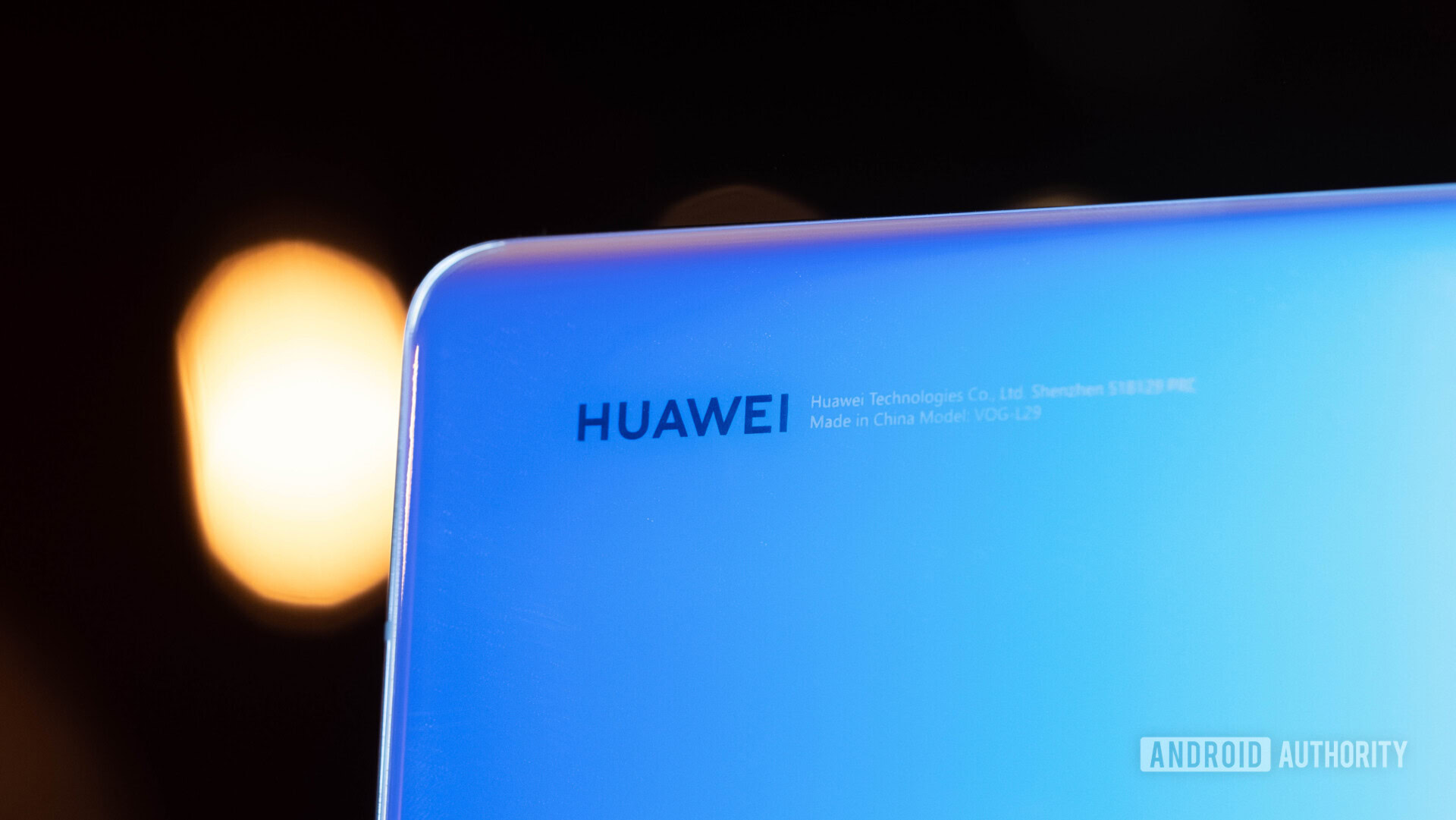Affiliate links on Android Authority may earn us a commission. Learn more.
HUAWEI accuses US of cyberattacks, employee harassment, but supplies no evidence
September 3, 2019

Towards the end of August, The Wall Street Journal published an article that focused on allegations of patent infringement against Chinese smartphone manufacturer HUAWEI. Today, the company published a press release in response to that article, in which it defends itself against the accusations.
However, at the end of the press release, HUAWEI moves on from the patent dispute and instead lists out nine very serious accusations against the United States government. The accusations include cyberattacks, employee harassment by FBI agents, and obstruction of legal business operations.
Although the press release provides a few pieces of evidence in defense of the patent infringement accusations pointed out by The Wall Street Journal, no evidence is supplied for the nine accusations against the U.S.
The nine accusations are listed here in an unedited form:
- Instructing law enforcement to threaten, menace, coerce, entice, and incite both current and former HUAWEI employees to turn against the company and work for them
- Unlawfully searching, detaining, and even arresting HUAWEI employees and HUAWEI partners
- Attempting entrapment, or pretending to be HUAWEI employees to establish legal pretense for unfounded accusations against the company
- Launching cyber attacks to infiltrate HUAWEI’s intranet and internal information systems
- Sending FBI agents to the homes of HUAWEI employees and pressuring them to collect information on the company
- Mobilizing and conspiring with companies that work with HUAWEI, or have a business conflict with HUAWEI, to bring unsubstantiated accusations against the company
- Launching investigations based on false media reports that target the company
- Digging up old civil cases that have already been settled, and selectively launching criminal investigations or filing criminal charges against HUAWEI based on claims of technology theft
- Obstructing normal business activities and technical communications through intimidation, denying visas, detaining shipment, etc.
After listing out these accusations, HUAWEI then declares that “none of HUAWEI’s core technology has been the subject of any criminal case brought against the company” and “none of the accusations levied by the U.S. government have been supported with sufficient evidence.”
Related: I spent a week in China with HUAWEI. Here’s what I learned.
The press release is a strange move from the company, considering it is tacking on some pretty serious statements related to the HUAWEI ban onto what is an otherwise-unrelated response to a patent dispute.
However, HUAWEI is in a precarious position at the moment. In a little over two weeks, it is scheduled to launch one of the most important smartphones of the year — the HUAWEI Mate 30 and Mate 30 Pro — which may or may not launch with an official version of Android. The company will need to drastically re-evaluate how it conducts business around the world if it cannot figure out a way to take itself off the U.S. government’s Entity List.
Thank you for being part of our community. Read our Comment Policy before posting.